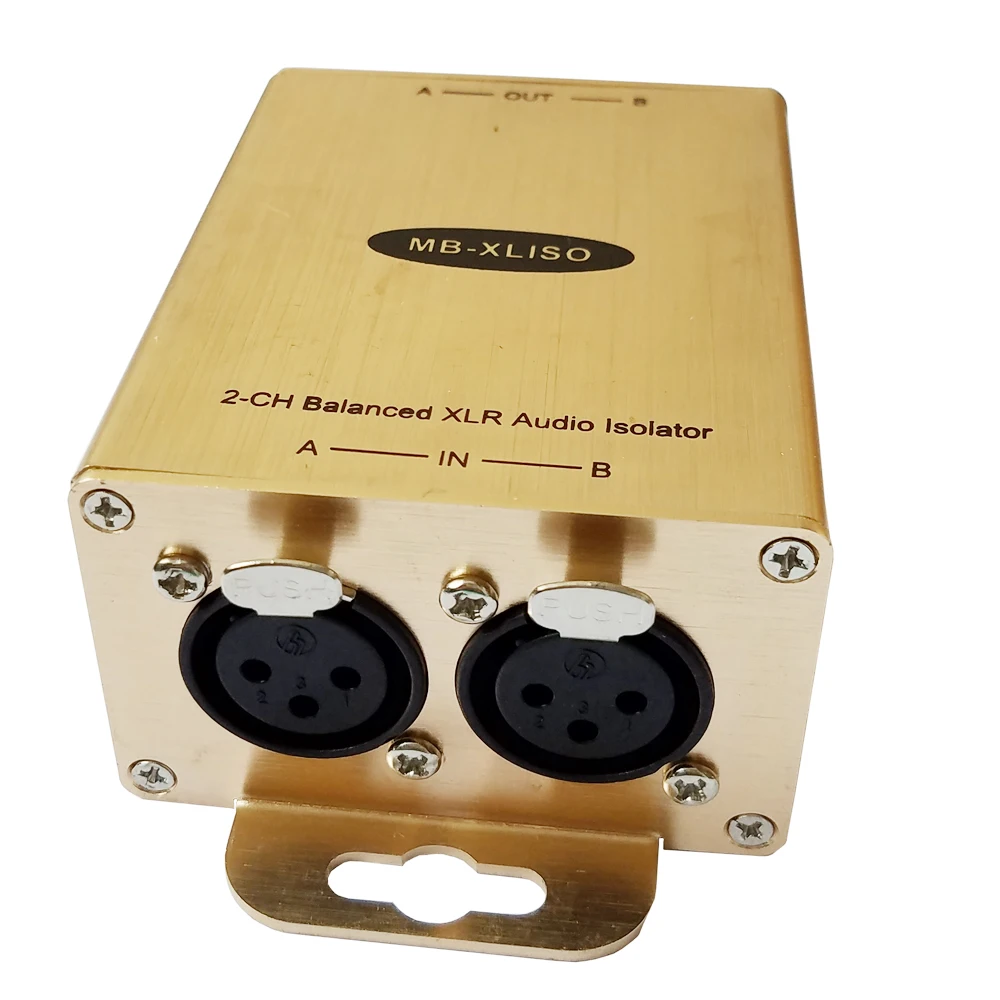

Level setting is a critical part of the installation process. This results in a squeaking noise that can be heard over the tweeters whenever bass notes hit. This is caused by the current demands of, for example a woofer amp, modulating the power ground wire of a tweeter amp. If you do connect more than one power ground wire under a single bolt, you run the risk of amplifier ground modulation. Contrary to belief, this is not required if the rest of the system is installed properly. Dont connect all of your amplifier ground wires under one bolt. This ground potential differential can lead to noise and improper operation of the amp. Because of this, the ground reference at the amplifiers circuit board is no longer the same as that at the chassis of the vehicle. When a current flows through a resistance, a voltage drop is produced. The longer a wire, the more resistance it has. Keep amplifier power ground wires as short as possible.

If this is not the case, grounding the shield of the RCA line level outputs to the chassis of the radio will probably be necessary. This reading should indicate a direct short. To check for a good ground reference, take a volt-ohm meter (VOM) and measure the resistance between the chassis of the radio and the shield of the RCA line level outputs of the radio. If it is not, the amplifier could oscillate. In order for the amps to function properly, the audio ground must be referenced to chassis ground at the source unit. Make sure the amplifiers have a good audio ground reference. Instead, ground the source unit directly to the chassis or firewall. This wire usually makes a very poor ground due to its length, small wire gauge, close proximity to other power wires, and unknown termination point. Never use the ground wire in the vehicles OEM radio harness. If you prefer to make your own cables, I would recommend using a wire with a foil shield surrounded by a drain wire. This will insure maximum protection against induced noises by power cables and other sources of electromagnetic interference. If audio cables are located in close proximity to this fluctuating electromagnetic field, noise could be induced into the system. The more current that flows through the wire, the bigger this field becomes. These currents vary with the musical demand of the program material as does the electromagnetic field surrounding the power cable. Large amplifiers are capable of drawing large currents. This is especially true in installations where high powered amplifiers are used. Never run signal wires alongside power cables. In my experience, Ive found that in systems that have noise problems, a ground loop is the culprit nine times out of ten. Theoretically, the only place the audio ground should be connected to the chassis ground is at the source unit. Ground loops are created whenever an audio ground is established at more than one location. This graphic representation of the installation will help you to avoid introducing ground loops and will serve as a road map for eliminating noise if it is present. Take the time to sketch the system out before you begin the install. If youve ever spent an entire weekend tearing an installation apart in order to eliminate some noise, you know what I mean.
#Should i wire amp to battery ground isolator free
Before we begin, however, lets review the TEN COMMANDMENTS of noise free installation. In the following paragraphs I will outline each of these noises and the symptoms associated with them as well as some possible causes and remedies. Alternator whine, amp swizzle, ignition noise, turn on thump, and system noise are just a few examples that come to mind. From that day on Ive sort of had a personal vendetta against noise.įor those of you who are wondering what noise is, I like to define it as any sound reproduced by the loudspeakers that is not present in the source material. NOISE!ĭoes this remind you of a nightmare you had one night after consuming a bottle of cheap wine and a pepperoni pizza? Nightmare or not, the above story is a true one that cost me first place and a five thousand dollar purse. As the engine purrs to life, a high pitched whine assaults the ears. You reach for the keys and turn the ignition. Final connections are made, equalization and crossover points are set, and a good balance of front stage - rear fill has been achieved. Lack of sleep has forced you into another dimension a dimension where sight and sound take on new meaning. In the past 72 hours youve redefined the word sacrifice. Your checking account is bone dry, and to top it off, your girlfriend is about to leave you for want of attention. Originally appeared in the March/April 1989 issue of Car Stereo Review magazine.įor the past six weeks youve worked relentlessly on the competition sound system in your vehicle.


 0 kommentar(er)
0 kommentar(er)
